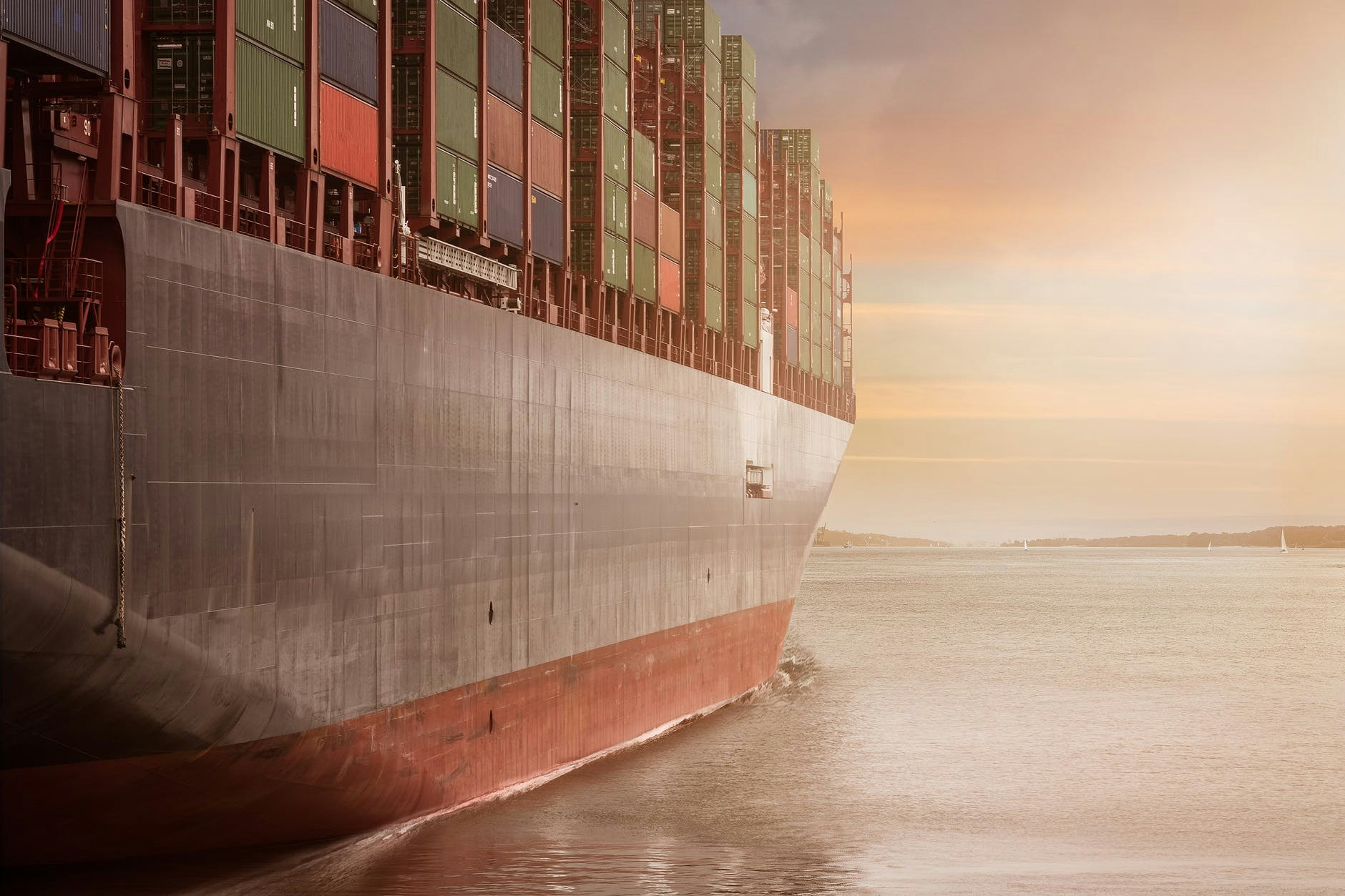
COVID’s Impact on the Supply Chain and How it Affects Australian Importers
One of the major side effects of COVID-19 has been a massive disruption to the global supply chain. There has been a double whammy — both factory and shipping restrictions have significantly impacted international trade.
The major blockage in the Suez Canal in March this year only added to the supply backlog for many goods.
Supply chain issues in China
Let’s look at the two main China supply chain issues in turn.
1. Factory Closures/Restrictions
Australian importers who are dependent on Chinese goods were the first to feel the effects of COVID-19 on their supply chain. Chinese factories were the first in the world to either fully or partially close down when COVID-19 first emerged in late 2019. China is easily Australia’s largest trading partner.
As the pandemic spread to other countries, more and more factories were forced to temporarily close or operate at reduced capacity due to government health restrictions. Factories in Australia’s other major trading partners like the US and Japan were similarly affected to those in China.
As their production capacity reduced, many international producers began rationing their supply of goods to their trading partners.
2. Shipping Restrictions
The vast majority of Australia’s imports come by sea (over 98%) because it is much cheaper to ship goods than it is to send them via air. As a result, any reduction in sea transport capacity has a significant effect. For example, in the first quarter after the pandemic hit, the number of ships travelling from China to Australia dropped by 12.3% due to the reduced Chinese production.
The faster and more expensive option of air freight hasn’t been an effective alternative supply option due to the massive COVID-19 restrictions on international air travel. Passenger flights carry not only passengers but imported goods as well. Fewer planes flying means less air freight capacity for international goods.
Issues for Australian Businesses
Three major trade issues have emerged for Australian businesses (and those in other countries around the world):
- time delays in receiving goods
- the increased cost of many goods
- the increased need for business finance.
Let’s look at each issue in turn.
1. Time Delays
Although factory production capacities in China and many other parts of the world have now returned to pre-pandemic levels, there is a backlog of world orders to be supplied. Global demand for goods has also increased due to people spending less money on travel.
This pent-up and increased demand means that it takes longer to get goods than it did previously. Businesses wanting to secure stock for events like Christmas sales face missing out on supply unless they have ordered their goods eight to twelve months in advance in some cases.
2. Increased Costs
As sure as night follows day, price rises inevitably follow an increase in demand caused by supply shortages. Many businesses are ramping up their orders to make up for lost sales due to COVID-19.
Scarce shipping space also means that this precious cargo space often goes to the largest orders or those prepared to pay the most. The price of shipping container space has increased by more than 400% in the past 12 months. This makes it more difficult for small to medium-sized businesses to compete with larger organisations who are often better placed to absorb the price increases and order delays.
3. Increased need for Trade Finance
With suppliers having the upper hand when it comes to orders, pricing and payment terms in the current environment, many are requiring full payment upfront or, at the very least, large deposits. In addition, the long lead times between order placement and delivery puts a strain on business cash flow.
Many businesses are relying on business finance solutions to help them navigate these significant changes to importing the goods they need.
Invoice Finance can free up cash flow so importers can pay upfront for their purchases, ensuring the delivery of their products.
With shipping restrictions tighter than ever, business finance is a great way to ensure your stock makes its way to you.
For more information on how Earlypay can help your business with invoice financing arrangements, you can contact our friendly team on 1300 760 205 or [email protected].
If you'd like to learn how Earlypay's Invoice Finance & Equipment Finance can help you boost your working capital to fund growth or keep on top of day-to-day operations of your business, contact Earlypay's helpful team today on 1300 760 205, visit our sign-up form or contact [email protected].
